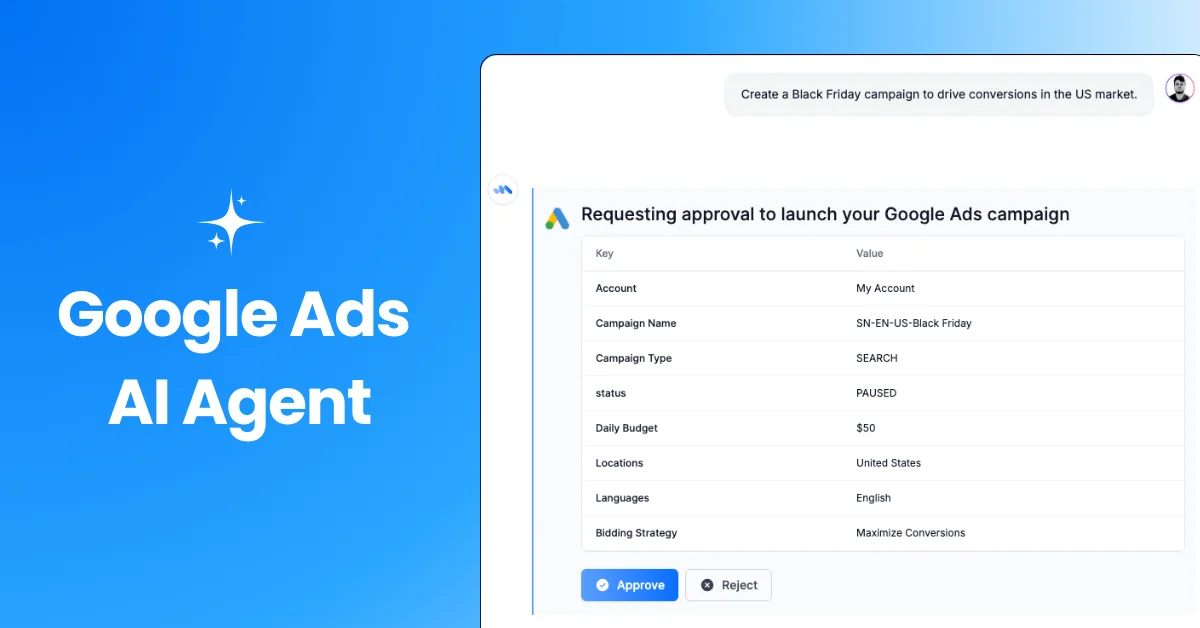Data collaborations are emerging as a viable targeting option in the digital advertising market, particularly with the deprecation of third-party cookies. These collaborations involve deals between a publisher and brand, using first-party audience or customer data to find new prospective consumers.
Data collaborations put the publisher in an authoritative position and enable them to scale up the portion of valuable audiences that advertisers could reach. They allow brands to combine data assets for a better together story, activating first-party data on unaddressable or unfindable users.
A typical data collaboration involves a brand bringing its first-party data, overlaying some custom data, and creating a forecast based on the overlaps and projected reach that the combined data sets have for a publisher. Post-campaign, a report is compiled to determine how the delivered results compared to the original forecast.
Data collaborations usually happen in clean rooms, depending on the appetite for data privacy and security. However, they don't exclusively have to occur in these spaces.
Interest in data collaborations has increased as cookie deprecation on Chrome progresses. Despite the delay in cookie deprecation, most agree that it's better to test options that work for media plans now than wait and test when there isn't a third-party cookie back-up to cushion missteps.
While some believe data collaborations only work with authenticated audience data, others argue that this can limit the benefits of a data collaboration. The industry seems to be split on this issue.
In conclusion, data collaborations are a growing trend in digital advertising, offering a potential solution to the challenges posed by the deprecation of third-party cookies. They allow for a more strategic, deeper partnership than just a tactical data transaction, providing valuable insights for both publishers and brands.











